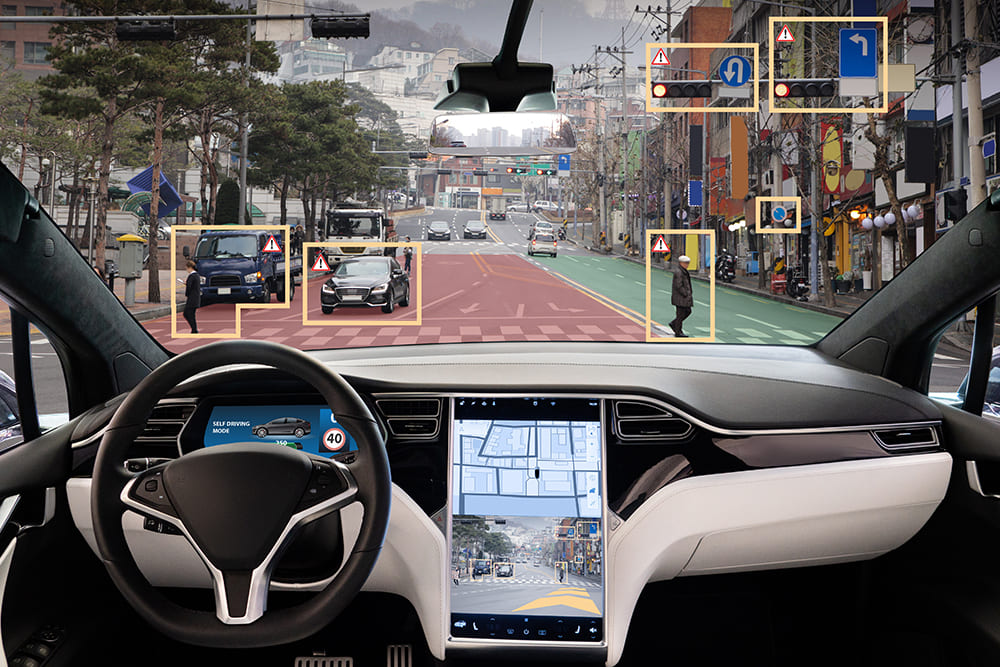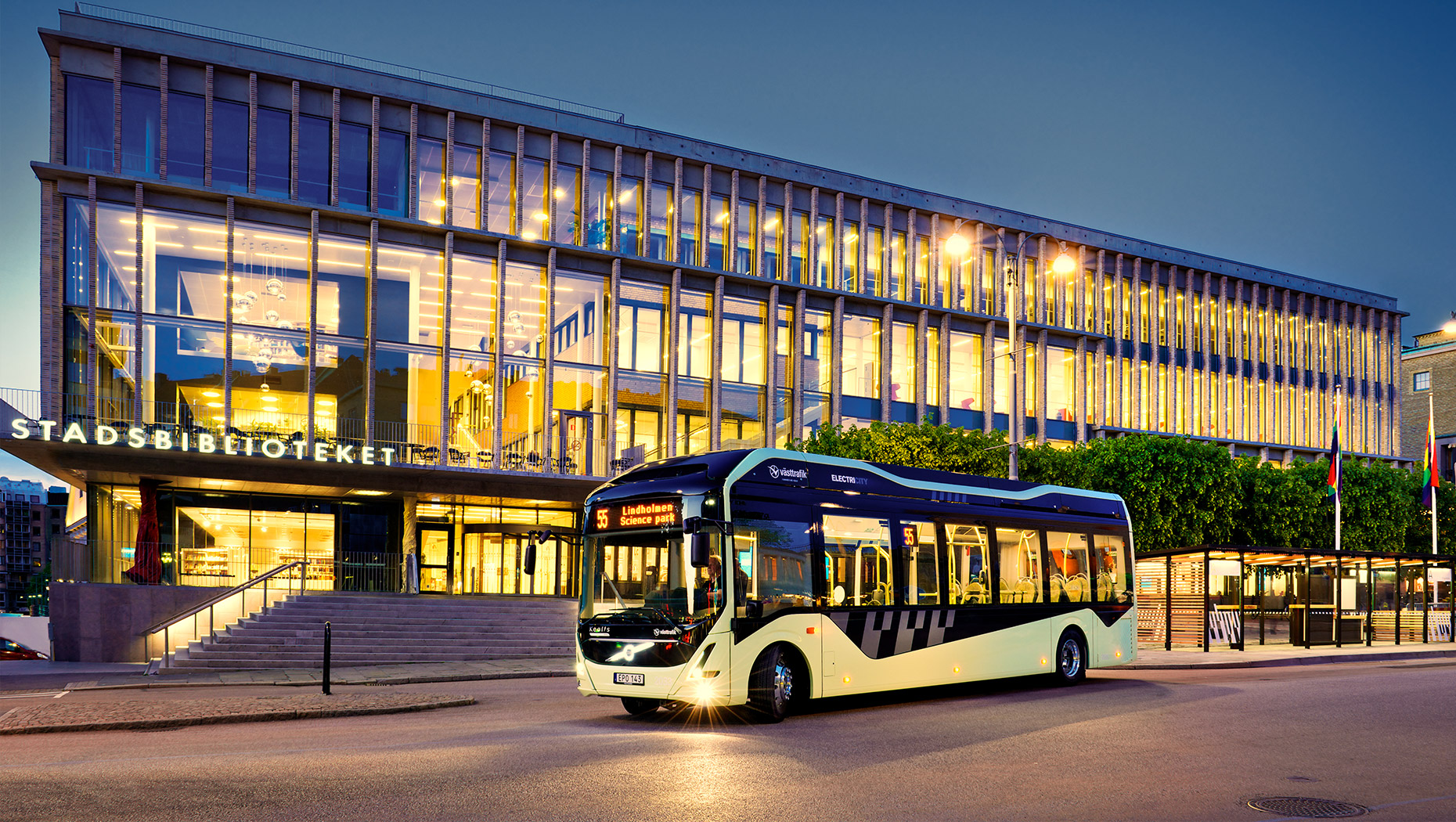Urban landscapes stand on the brink of a transformative revolution, promising to redefine the city experience. Bid farewell to congested streets and perpetual parking struggles; the next chapter in urban living is a captivating blend of smart cities, autonomous vehicles, and a reimagination of how we navigate our urban spaces. Buckle up, city dwellers, as we embark on an exhilarating journey into the future of urban mobility.
Smart Cities Pave the Way for Change

In the realm of urban evolution, it's not just about individual innovations but the harmonious coordination of interconnected infrastructure – the birthplace of smart cities. Envision traffic lights seamlessly integrated into the urban tapestry, real-time public transport information at your fingertips, and electric vehicle charging stations nestled into every corner. Picture roads embedded with sensors, gathering data to optimize traffic flow and revolutionize route planning for both personal and public vehicles.
Autonomous Vehicles: A Reality, Not a Dream

The futuristic dream of self-driving cars is hurtling towards reality faster than anticipated. From Tesla's Autopilot to Waymo's robotaxis, autonomous vehicles are undergoing rigorous testing, bringing us closer to a world where hailing a self-driving cab for a stress-free commute is not just a fantasy. Imagine a robotic fleet handling grocery deliveries, promising not only convenience but also a substantial reduction in accidents and traffic congestion.
Rethinking the Streetscape

With the inevitable decrease in traditional cars on the road, our streets undergo a metamorphosis. Dedicated lanes for bikes and scooters become the lifelines of active commuting, while reclaimed spaces flourish into green havens or lively public plazas. Prioritizing pedestrians, urban design pivots towards walkability, fostering a stronger sense of community. Public transportation revitalized with electric buses and interconnected networks, takes center stage, offering efficient and eco-friendly travel options.
Challenges and Opportunities in the Urban Evolution
As with any revolutionary shift, challenges emerge on the horizon. Ethical considerations regarding data privacy and algorithmic bias in autonomous vehicles demand careful scrutiny. Ensuring equitable access to transportation for all, regardless of income or physical abilities, becomes a pivotal goal. Navigating potential job displacement due to automation necessitates thoughtful planning and substantial investment in reskilling programs.
However, the opportunities are monumental. From a significant reduction in air pollution and improved public health to heightened productivity and amplified economic growth, the future of urban mobility holds the promise of a superior city life.
So, fasten your seatbelts, city dwellers! The beckoning future of urban mobility is an invitation to board a transformative journey. Let's collaboratively work towards ensuring this technological metamorphosis benefits everyone, shaping cities that are not only efficient and connected but also vibrant, inclusive, and genuinely worth living in.
Stay tuned for our upcoming exploration, where we'll delve deeper into specific innovations and showcase real-world examples of cities already pioneering this exciting future!
This blog post is grounded in current industry insights such as:
- A McKinsey Global Institute report predicting that autonomous vehicles could contribute $1.2 trillion to the global economy by 2030.
- The World Economic Forum's emphasis on addressing equity and inclusion in the development of smart cities.
- Recent strides in autonomous vehicle technology, including Waymo's deployment of robo taxis in Phoenix and Cruise's driverless commercial delivery partnership with Kroger.




